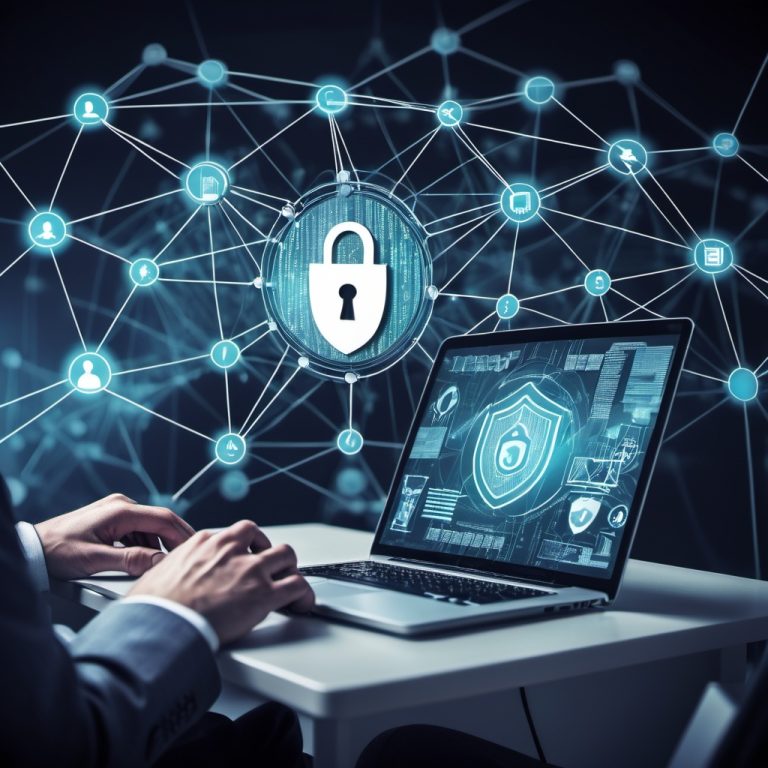
Digital forensics is a critical discipline in today’s digital landscape, where cybercrime, data breaches, and digital evidence play increasingly significant roles. For individuals aspiring to become proficient in digital forensics, adopting a strategic and structured approach to learning is essential. Here are the best practices to ensure effective learning and mastery of digital forensics.
1. Understand the Basics of Digital Forensics
Before delving into advanced topics, it’s crucial to understand what digital forensics entails. Digital forensics involves the recovery, preservation, and analysis of digital evidence to investigate cybercrimes or security breaches. It spans various domains, including:
- Computer forensics: Analysis of computers and storage devices.
- Network forensics: Monitoring and analysis of network traffic.
- Mobile forensics: Recovery of data from mobile devices.
- Cloud forensics: Investigation of cloud-based systems.
Familiarize yourself with the key objectives: ensuring evidence integrity, following legal protocols, and supporting findings with robust documentation.
2. Develop a Strong Foundation in IT
Digital forensics builds on core IT principles. Master the following foundational areas:
- Operating Systems: Gain proficiency in Windows, Linux, and macOS.
- Networking: Understand TCP/IP, firewalls, and network protocols.
- Programming: Learn scripting languages like Python or Bash.
- Databases: Understand database structures and querying.
A strong IT foundation will help you understand where and how evidence resides in digital environments.
3. Learn the Legal and Ethical Framework
Digital forensics intersects with legal processes. Familiarize yourself with the laws and ethical guidelines governing digital investigations, such as:
- Chain of custody.
- Admissibility of evidence in court.
- Privacy laws and regulations.
Understanding these aspects ensures that your investigations remain compliant and credible.
4. Get Hands-On with Tools and Software
Practical experience with digital forensics tools is essential. Some widely used tools include:
- EnCase: Forensic analysis and reporting.
- FTK (Forensic Toolkit): Comprehensive data recovery and analysis.
- Wireshark: Network protocol analysis.
- Autopsy: Open-source digital forensics platform.
- Volatility: Memory forensics.
Set up a virtual lab environment to practice these tools safely without risking real-world systems.
5. Earn Relevant Certifications
Certifications validate your knowledge and skills. Consider pursuing recognized certifications such as:
- Certified Forensic Computer Examiner (CFCE)
- Certified Computer Examiner (CCE)
- GIAC Certified Forensic Analyst (GCFA)
- EnCase Certified Examiner (EnCE)
- CompTIA Cybersecurity Analyst (CySA+)
These certifications enhance credibility and career prospects.
6. Engage in Continuous Learning
Digital forensics evolves with technological advancements. Stay updated by:
- Reading Research Papers: Follow leading journals and publications.
- Joining Online Communities: Engage with platforms like Reddit, Stack Exchange, and specialized forums.
- Attending Webinars and Conferences: Network with experts and learn about emerging trends.
- Following Blogs and Tutorials: Explore content from professionals in the field.
7. Practice Real-World Scenarios
Practical application is critical for mastering digital forensics. Work on:
- Mock Cases: Simulate real-world investigations.
- CTFs (Capture The Flag): Participate in digital forensics challenges.
- Internships: Gain experience under seasoned professionals.
- Open-Source Projects: Contribute to or analyze open-source forensic tools.
8. Strengthen Report Writing Skills
Reporting is a cornerstone of digital forensics. Learn to:
- Write clear, concise, and objective reports.
- Document methodologies and findings meticulously.
- Present technical details in a way that is understandable to non-technical stakeholders, such as legal teams or juries.
9. Understand Cybersecurity Principles
Digital forensics often intersects with cybersecurity. Gain knowledge of:
- Incident response processes.
- Threat analysis and mitigation.
- Cyberattack vectors and methodologies.
This understanding can improve your ability to trace and analyze digital evidence effectively.
10. Pursue Academic Programs or Workshops
Enroll in courses or workshops that offer structured learning. Many universities and organizations provide specialized programs in digital forensics, often including:
- Theoretical knowledge.
- Practical labs.
- Capstone projects.
Learning digital forensics requires a combination of theoretical knowledge, hands-on practice, and continuous learning. By building a solid foundation in IT, mastering forensic tools, understanding the legal framework, and engaging in real-world scenarios, you can develop the expertise necessary to excel in this field. Stay curious, stay updated, and commit to ethical practices to make a meaningful impact as a digital forensics professional.






